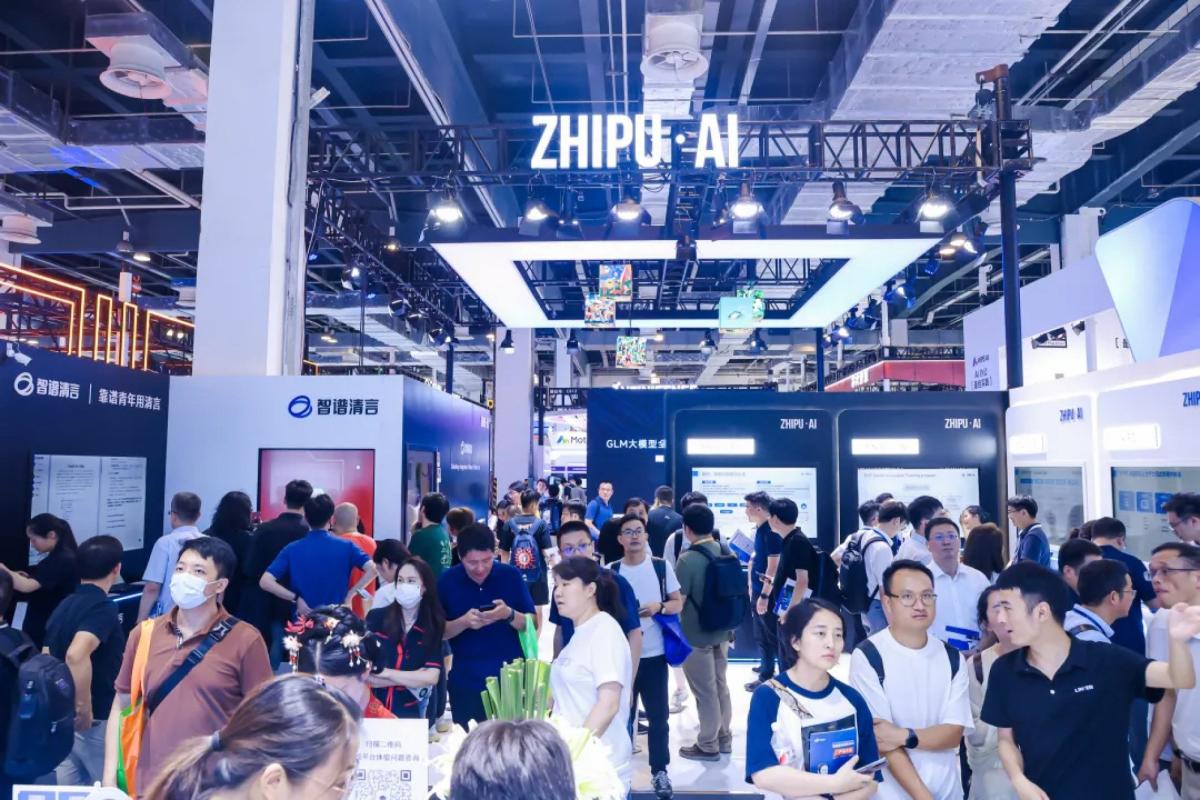Chinese start-up Zhipu AI said it “strongly disagrees” with a US decision to add the company and its subsidiaries to an export blacklist, as the administration of President Joe Biden released a flurry of trade restrictions just days before he leaves office.
The US Department of Commerce on Wednesday added 25 China-based companies and two Singapore-based firms to its Entity List, accusing them of supporting Beijing’s military advance. Blacklisted companies are barred from buying technology from US businesses without special government approval.
Beijing-based Zhipu said late on Wednesday that the US move “lacks a factual basis”. It added that the firm’s inclusion on the Entity List “will not have a substantial impact” on its operations.
Do you have questions about the biggest topics and trends from around the world? Get the answers with SCMP Knowledge, our new platform of curated content with explainers, FAQs, analyses and infographics brought to you by our award-winning team.
Also included in the updated list is Sophgo, a Chinese chip designer that attracted scrutiny last year after a chip it ordered from Taiwan Semiconductor Manufacturing Company (TSMC) was found to match one used in a Huawei Technologies processor. Huawei has been on the Entity List since 2019.
Another newly added entity is the little-known Singapore-based company PowerAIR. TSMC ended its business relationship with the secretive firm after a client review exposed a potential breach of US export controls, according to an exclusive report by the South China Morning Post last week.
Zhipu is one of China’s top generative AI start-ups. Photo: Handout alt=Zhipu is one of China’s top generative AI start-ups. Photo: Handout>
Sophgo did not immediately respond to a request for comment on Thursday. The Post was unable to contact PowerAIR, which does not have any official website, publicly listed phone number or email address.
Beijing-based Sophgo and its affiliate, bitcoin mining equipment supplier Bitmain, previously denied any business ties with Huawei.
The Biden administration in recent days introduced a series of rules and sanctions aimed at curbing China’s advance in semiconductors and artificial intelligence (AI). On Wednesday, the US tightened licensing requirements on contract chip manufacturers and packaging companies seeking to export certain advanced semiconductors.
As part of the strengthened rules, companies like TSMC are required to conduct better due diligence on new customers that may potentially divert restricted chips to countries like China. This is in addition to new regulations unveiled by the US on Monday, designed to prevent Chinese companies from accessing advanced chips through intermediary countries.

The administration of US President Joe Biden has unveiled a string of new rules and sanctions targeting China’s tech ambitions. Photo: AP alt=The administration of US President Joe Biden has unveiled a string of new rules and sanctions targeting China’s tech ambitions. Photo: AP>
Several industry advocacy groups and companies have voiced their opposition to the restrictions. The US-based Semiconductor Industry Association said policies aimed at deterring China’s AI development might backfire to “undercut US leadership and competitiveness” in the chip and AI industry.
Zhipu is one of China’s four “AI Tigers” that represent the country’s best hope of narrowing its technological gap with the US. The unicorn, valued at 20 billion yuan (US$2.7 billion) last September, counts Alibaba Group Holding, Tencent Holdings and HongShan Capital Group as investors. Alibaba owns the Post.
Zhipu specialises in building large language models, the type of technology underpinning generative AI services such as OpenAI’s ChatGPT.
Its subsidiary Beijing Lingxin Intelligent Technology, also on the latest Entity List, develops AI companions that the company claims can understand human emotions.
Sophgo, which designs AI processors and chips based on the open-source architecture RISC-V, is an active player in China’s push to reduce dependence on foreign technologies.
This article originally appeared in the South China Morning Post (SCMP), the most authoritative voice reporting on China and Asia for more than a century. For more SCMP stories, please explore the SCMP app or visit the SCMP’s Facebook and Twitter pages. Copyright © 2025 South China Morning Post Publishers Ltd. All rights reserved.
Copyright (c) 2025. South China Morning Post Publishers Ltd. All rights reserved.


